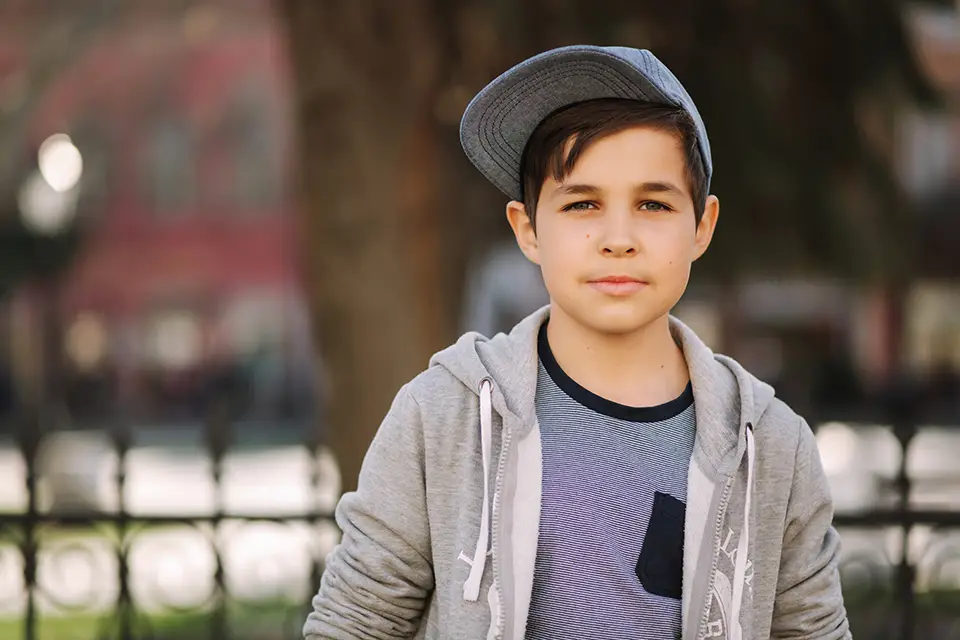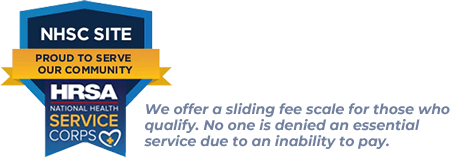Developmental Programs
Home » Developmental Programs

Developmental Program Descriptions
Applied Behavioral Analysis Therapy (ABA)
If you have a child aged 3-21 who has been diagnosed with a spectrum disorder like autism, or perhaps a mental health diagnosis, your pediatrician may have suggested a therapy called applied behavior analysis. Sometimes called ABA therapy, it’s designed to improve the human condition through behavior change.
Applied behavior analysis is a therapy that uses interventions based on behaviorism to make meaningful change. Applied behavior analysis therapy looks different for each person. Personalized plans are developed to address Individual goals that are set based on what your child struggles with the most.

ABA therapy helps children on the autism spectrum by:
- Increasing their social abilities like completing tasks, communicating, and learning new skills
- Implementing maintenance behaviors like self-control and self-regulation
- Teaching them to transfer learned behaviors to new environments
- Modifying the learning environment to challenge them in certain scenarios
- Reducing negative behaviors like self-harm
Applied behavior analysis is designed to help children with many concerns, including:
- Depression
- Autism spectrum disorder (ASD)
- Attention deficit hyperactivity disorder (ADHD)
- Obsessive-compulsive disorder (OCD)
- Fears and phobias
- Issues with anger management
- Severe anxiety

Up, Up & Away Early Childhood Development
Our Up, Up & Away Early Childhood Development program is for children 3 to 6 years of age with developmental and behavioral disabilities.
Early intervention helps children improve their abilities and learn new skills and can change a child’s developmental path and improve outcomes for children, families, and communities. Families benefit from early intervention by being able to better meet their children’s needs from an early age and throughout their lives.
The earlier developmental delays are detected and intervention begins, the greater the chance a young child has of achieving his or her best potential.
Treatment Services Offered:
- ABA Therapy 1:1
- Serving Children ages 3-6
- Assessment & Treatment Planning
- Individualized Treatment Plans
- Social Skills Training
- Encourage Family Participation
- Serving Children Ages 3-6
- Center-Based, Community & In-home
- Services Offered Year-Round
Our Program Objectives:
- Improve Communication
- Confidence Building
- More Independence
- Family Participation
- School Readiness
- Skill Development
- Social Growth
Act early on developmental concerns to make a real difference for your child and you! If you’re concerned about your child’s development, don’t wait. You know your child best.

Behavior Intervention (BI)
Behavioral Intervention Services
CenterPointe provides Behavioral Intervention Services for children and youths ages 3-21 years of age with behavioral disturbances, mental health problems, and developmental disabilities.
What is Behavioral Intervention?
Behavioral Intervention is a service to facilitate therapeutic approaches for individuals with behavior problems. CenterPointe works with families and other caregivers to develop effective behavioral interventions. The emphasis is on promoting personal responsibility and motivation, facilitating natural outcomes for choices, and actively teaching and reinforcing alternative pro-social behaviors to enable individuals to live in the least restrictive environment possible and maintain normalized roles.

Behavior Intervention planning is assessment-based, and interventions address the function and efficiency of the problematic behavior in the least restrictive manner and promote the development of alternative adaptive skills. Behavioral Intervention is a type of behavior modification therapy that uses reinforcement to intervene in behaviors that could negatively affect a child’s life. Services are provided by trained behavior intervention staff.
One of the biggest challenges parents face is managing difficult or defiant behavior on the part of children. Whether they’re refusing to put on their shoes, or throwing full-blown tantrums, you can find yourself at a loss for an effective way to respond.
For parents at their wits end, behavioral therapy techniques can provide a roadmap to calmer, more consistent ways to manage problem behaviors problems and offers a chance to help children develop and gain the developmental skills they need to regulate their own behaviors.

When to Seek Services:
- Behavior is dangerous or disruptive
- Caretakers are overwhelmed and frustrated
- The youth’s placement is in jeopardy
- Psychotropic medication is being considered or utilized
- Behaviors interfere with efforts to promote independence
Problem Areas Addressed:
- Aggressive and violent behavior
- Socially intrusive behavior
- Anxiety problems
- Oppositional and defiant behavior
- Destructive behavior
- Poor interpersonal skills
Behavioral Interventionists work directly with clients to implement therapy programs based on their individual needs. Skills developed through behavioral intervention therapy include but are not limited to:
- Communication
- Daily living skills
- Functional life skills
- Sensory systems and self-regulation
- Play and social skills

CenterPointe currently offers these programs:
- Individual Therapy
- Family Therapy
- Psychiatric Medication Management
- Therapeutic Behavioral Service (TBS)
- Up Up & Away Early Childhood Development
- Applied Behavior Analysis (ABA)
- Community-based CBRS
- Community-based Behavioral Intervention
- Individual Respite Care
- Targeted Care Coordination
- School-based CBRS
- School-based Behavioral Intervention
- Crisis Intervention
Program Links
Learn more about our programs and how CenterPointe can help your family.


